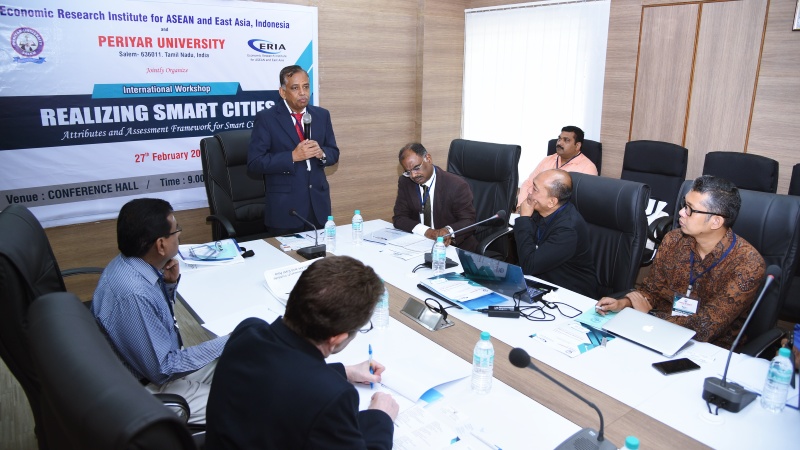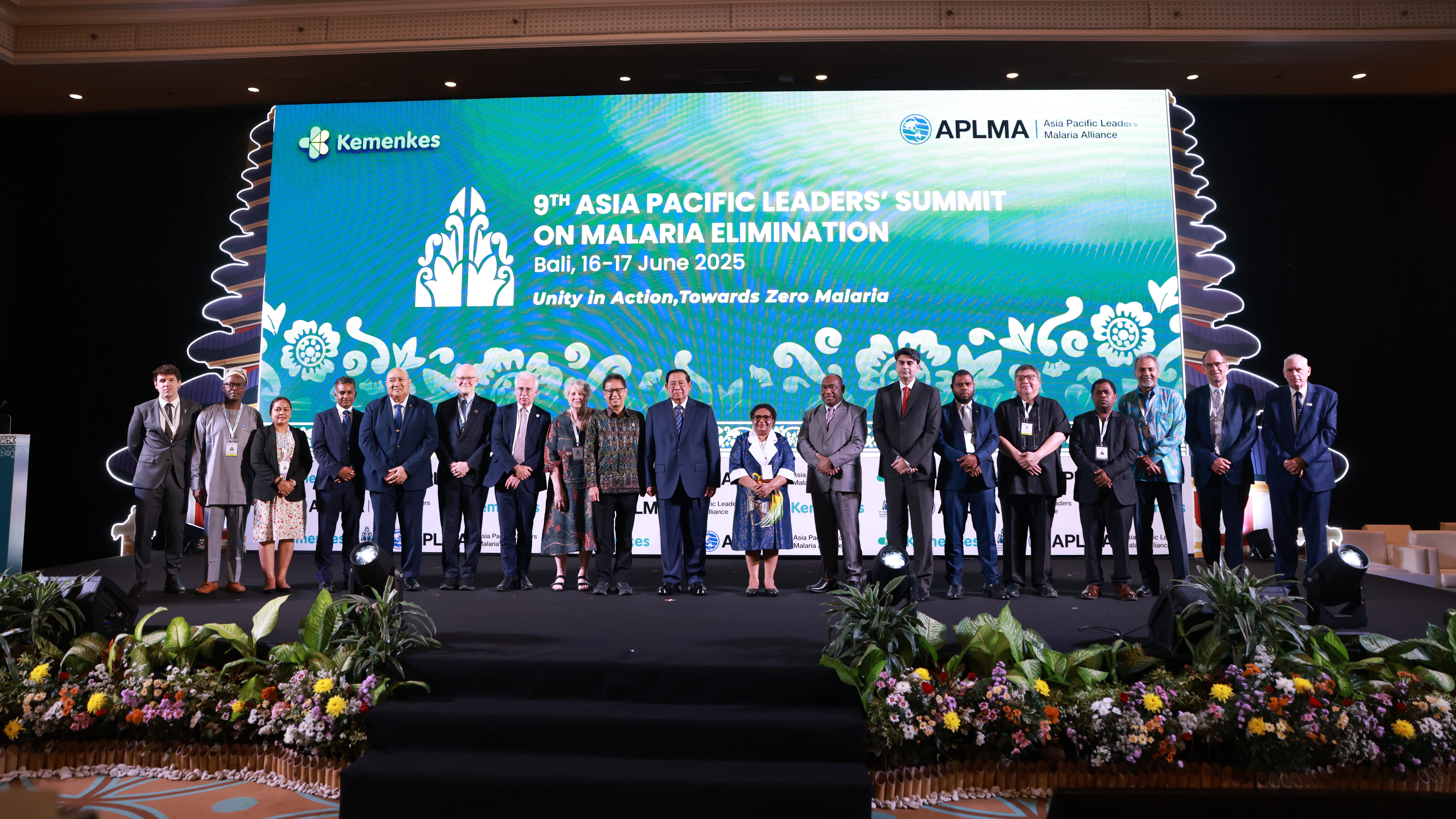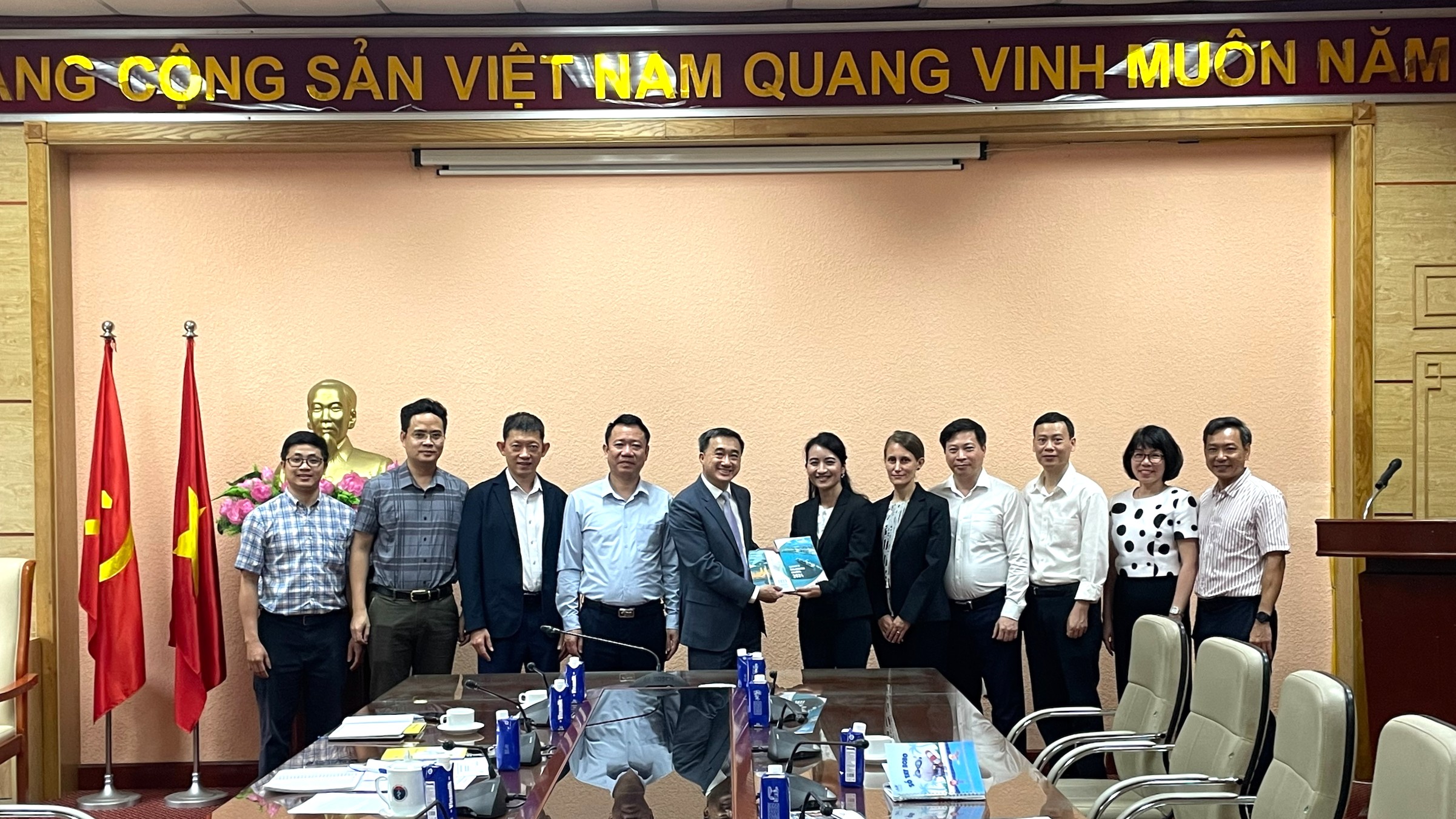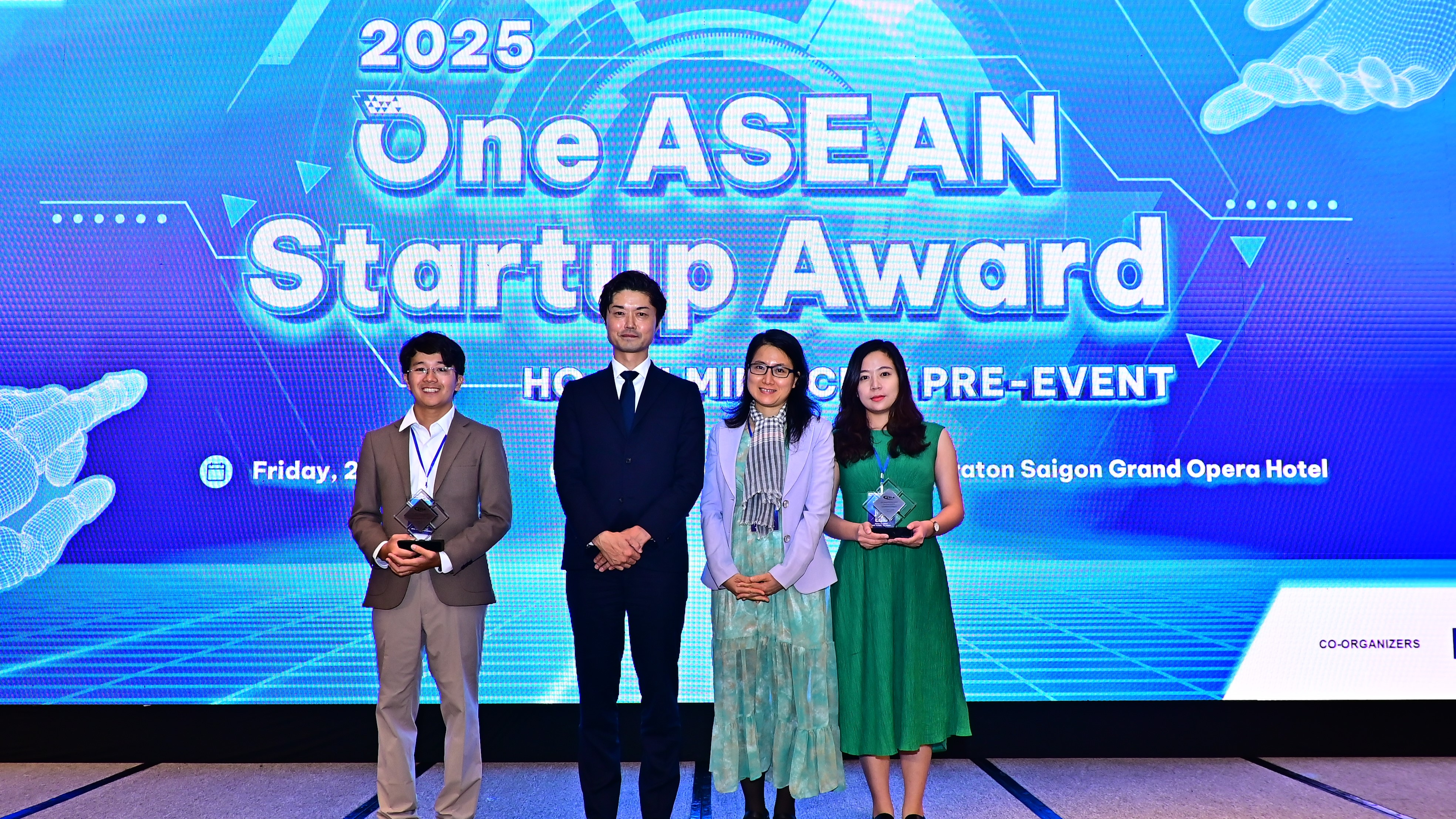Academics, City Officials, Private Sector, and International Organisations Discuss Issues Related to Smart Cities
Date:
29 February 2020Category:
-Topics:
Capacity Building ProgrammeShare Article:
Print Article:
Salem, 29 February 2020: What are the current plans and performance indicators for a smart city – and what are the perceived benefits of a smart city? These are some of the issues that a diverse range of academics, city officials, the private sector, and representatives of international organisations, grappled with at a workshop and symposium titled ‘Driving Sustainability Innovations Through Smart Cities’ held at Periyar University, Salem, India, from 27 to 29 February.
In addition to looking at the plans and benefits of smart cities, participants examined critical technology needs associated with smart cities, and the financial gaps apparent for realising these goals in relation to energy, the economy, environment, and governance parameters. Participants also exchanged experiences relating to key adjustments required in policy-planning for managing the transition to smart cities. Five cities presented their roadmaps to become smarter, and five thematic papers discussed the challenges and priorities associated with smart city priorities and public-private partnership models.
On the first day, around 20 participants from India, Japan, and ASEAN countries discussed these issues amongst themselves at the second workshop for the ERIA study on Realising Smart Cities. On the second day, discussions were held at a symposium which included over 100 students, academia, and high-ranking city officials. The symposium provided an opportunity to delve further into questions such as: ‘will information and communication technologies (ICT) allow cities to provide eco-efficiency?’ and, ‘how does policy convergence helps smart cities evolve?’ On the third day, the visitors to Salem visited the city hall where they got to hear and see how ICT was being used to improve life in the city and for its citizens.
Prof. Ponmalai Kolandaivel, Vice-Chancellor of Periyar University, noted during his inaugural address that making cities smarter is not just about what government do, it is about creating a space where different players can bring innovation to bear on public and environmental issues.
In his welcoming address, Dr Venkatachalam Anbumozhi, ERIA Senior Economist pointed out how smart technologies can give cities a set of powerful and cost-effective tools to enhance service delivery. Furthermore, if they successfully set standards, share best practices and develop actions plans, this could become a significant step forward in transitioning to a low-carbon economy. In the concluding remarks Mr Jeremy Gross, ERIA Director of Capacity Building, emphasised the need for broad based strategies for international cooperation amongst the cities, taking advantage of past historical linkages.
The next meeting for this Smart Cities study is planned to be held in Luang Prabang, Lao PDR, in June 2020, and it will focus on the key policy gaps identified in the smart city survey each participating city is completing.








